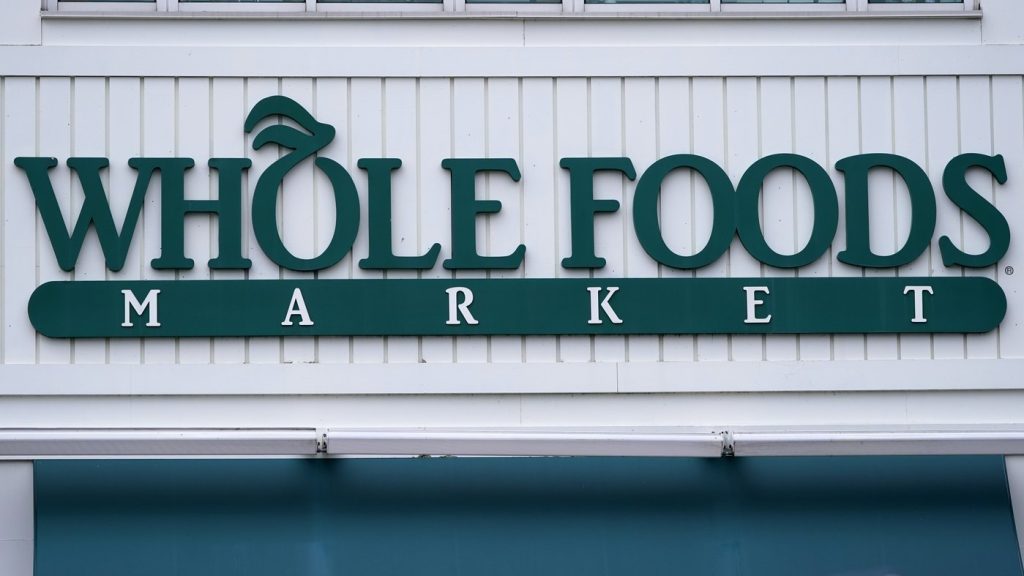Workers at a Whole Foods Market store in Philadelphia, Pennsylvania, have achieved a significant milestone by voting to unionize, marking the first successful labor win at the Amazon-owned grocery chain. The election, held on Monday, resulted in 130 votes in favor of union representation, accounting for approximately 57% of the ballots cast. Conversely, 100 workers opposed the motion. This victory is seen as an important step toward collective bargaining for the employees involved.
The local chapter of The United Food and Commercial Workers International Union (UFCW), which will represent the workers, expressed optimism following the election results. Wendell Young IV, president of UFCW Local 1776, stated, "This fight is far from over, but today’s victory is an important step forward. We are ready to bring Whole Foods to the bargaining table to negotiate a fair first contract that reflects the workers' needs and priorities."
This success marks a notable entry for organized labor within Amazon's grocery sector, which also includes Amazon Fresh and Amazon Go convenience stores. Amazon has made efforts to counter unionization within its workforce, including its delivery drivers and warehouse staff. In a related context, Amazon warehouse workers in Staten Island, New York, managed to vote for union representation nearly three years prior, yet the company has consistently refused to engage in bargaining talks.
Since early 2022, workers at the Philadelphia Whole Foods store have been organizing. They allied with UFCW Local 1776 in the summer and officially petitioned the National Labor Relations Board (NLRB) for an election in November. Employees at the store believe that union representation will help them secure essential benefits, including higher wages, more affordable healthcare, childcare support, improved work-life balance, and better working conditions.
Following the election, Whole Foods issued a statement expressing disappointment in the outcome while asserting its commitment to maintaining a positive workplace environment. The company suggested that it offers competitive compensation, benefits, and career advancement opportunities for all employees. Although it did not disclose details about average hourly wages, some job postings indicate that employees could earn $16 per hour or higher.
In the lead-up to the union election, reports emerged of Whole Foods providing free snacks and repainting break rooms for workers. Additionally, UFCW Local 1776 filed unfair labor practice charges against the company, alleging retaliatory actions, including the firing of a worker involved in union activities, and claims that supervisors misled employees about potential wage increases should they reject union representation.
Whole Foods acknowledged that adjustments to wages were not offered at the Philadelphia store, despite increases at other locations, due to the impending union election. The company maintained that making wage adjustments could have been perceived as an attempt to influence the election outcome, a rationale disputed by union representatives.
Amazon has shown resistance to unionization initiatives from its employees across various sectors. Recent strikes took place among Amazon delivery drivers in several U.S. cities, calling attention to demands for recognition as unionized employees and the establishment of a labor contract.
As the labor landscape in the wake of this election evolves, attention now turns to other ongoing unionization efforts within Amazon, such as the upcoming vote scheduled next month for workers at an Amazon warehouse in North Carolina, who are considering representation by Carolina Amazonians United for Solidarity and Empowerment.
In a broader context, Amazon has been challenging the National Labor Relations Board in court, accusing the agency of interference in previous union elections, including those at the Staten Island warehouse. The culmination of these events underscores the ongoing tension between organized labor and Amazon’s approach to workforce management.










